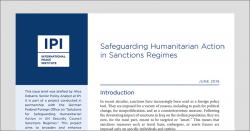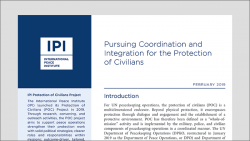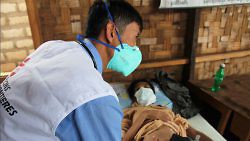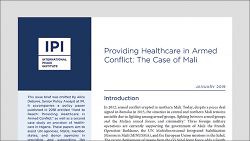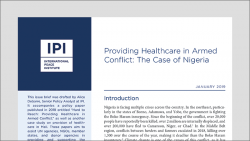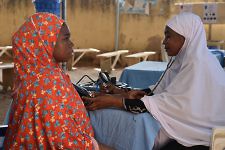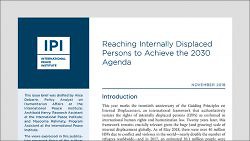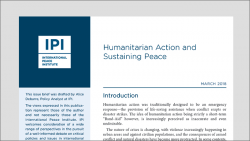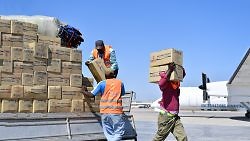
In recent decades, sanctions have increasingly been used as a foreign policy tool. The UN Security Council has imposed a total of fourteen sanctions regimes alongside those imposed autonomously by the EU, the US, and other countries. Despite efforts to institute more targeted sanctions regimes, these regimes continue to impede or prevent the provision of […]
Read more
